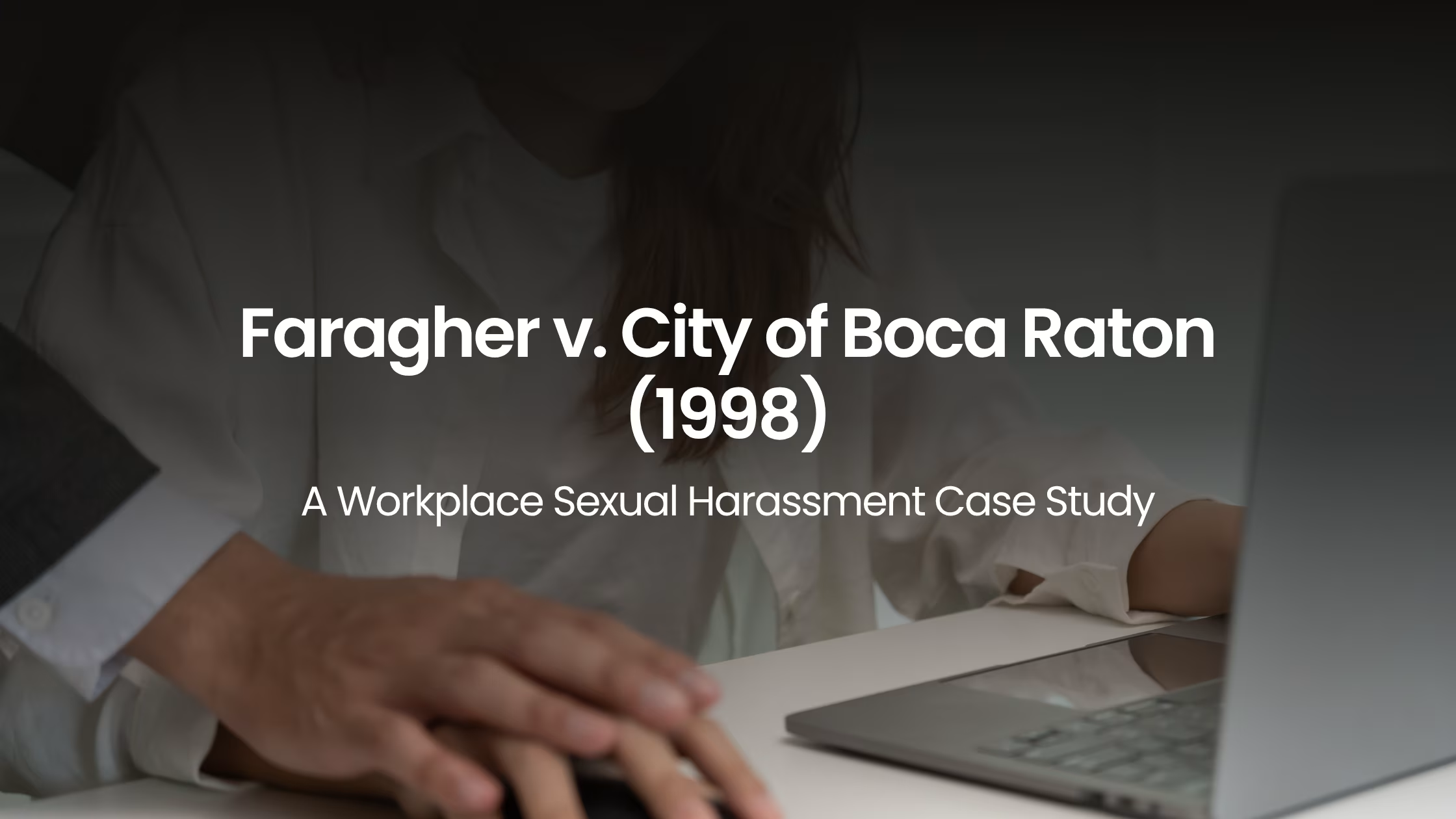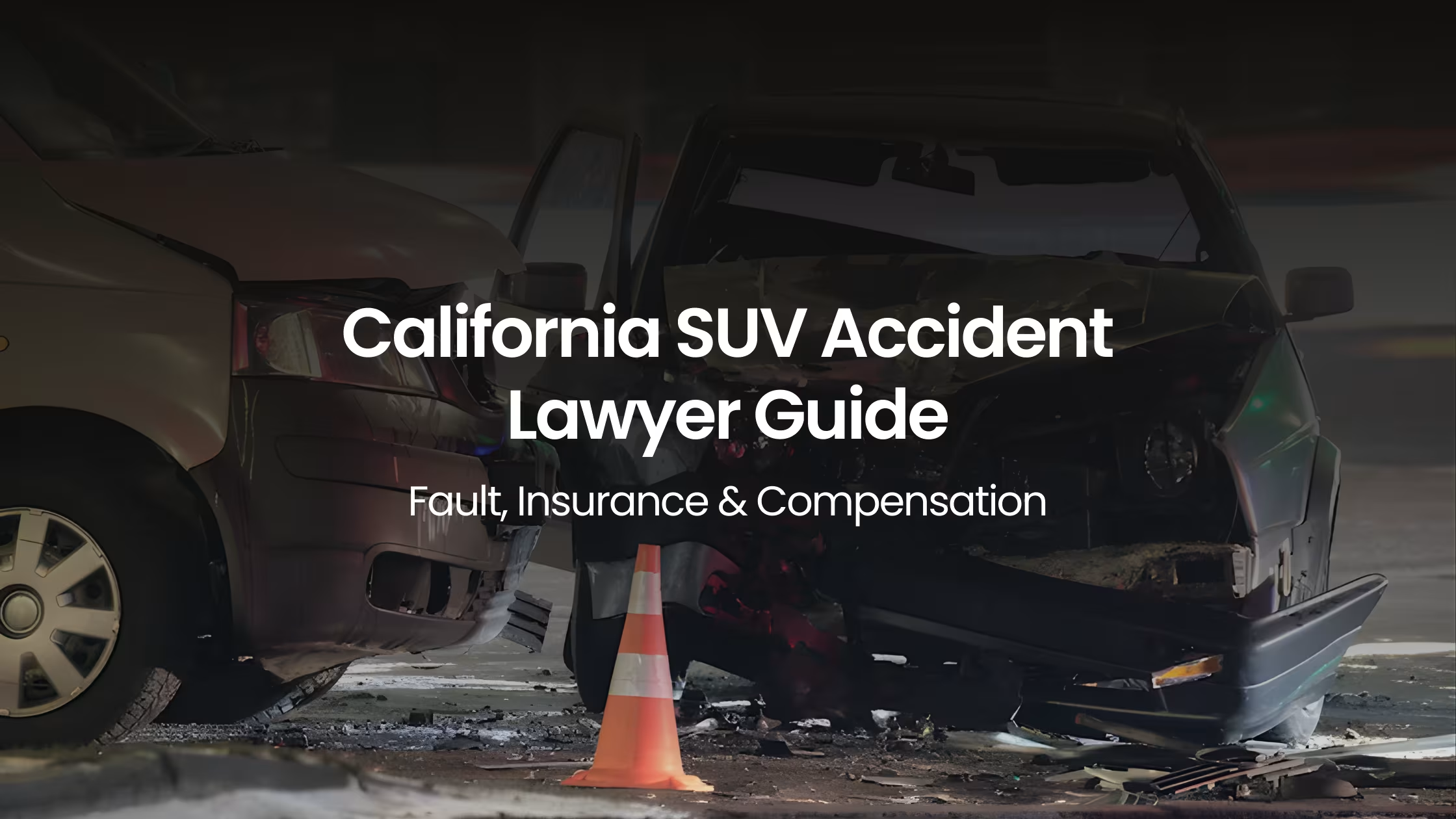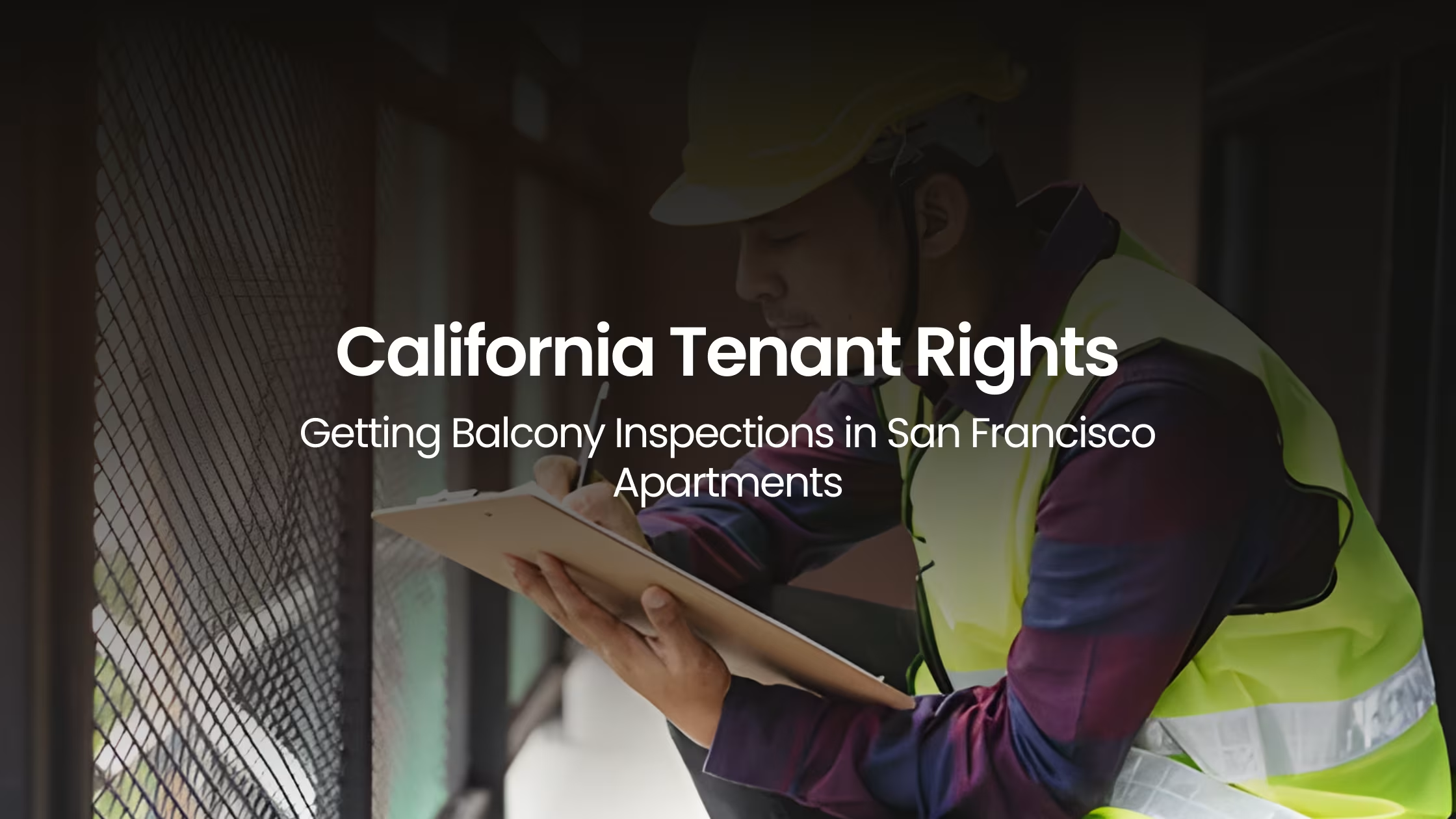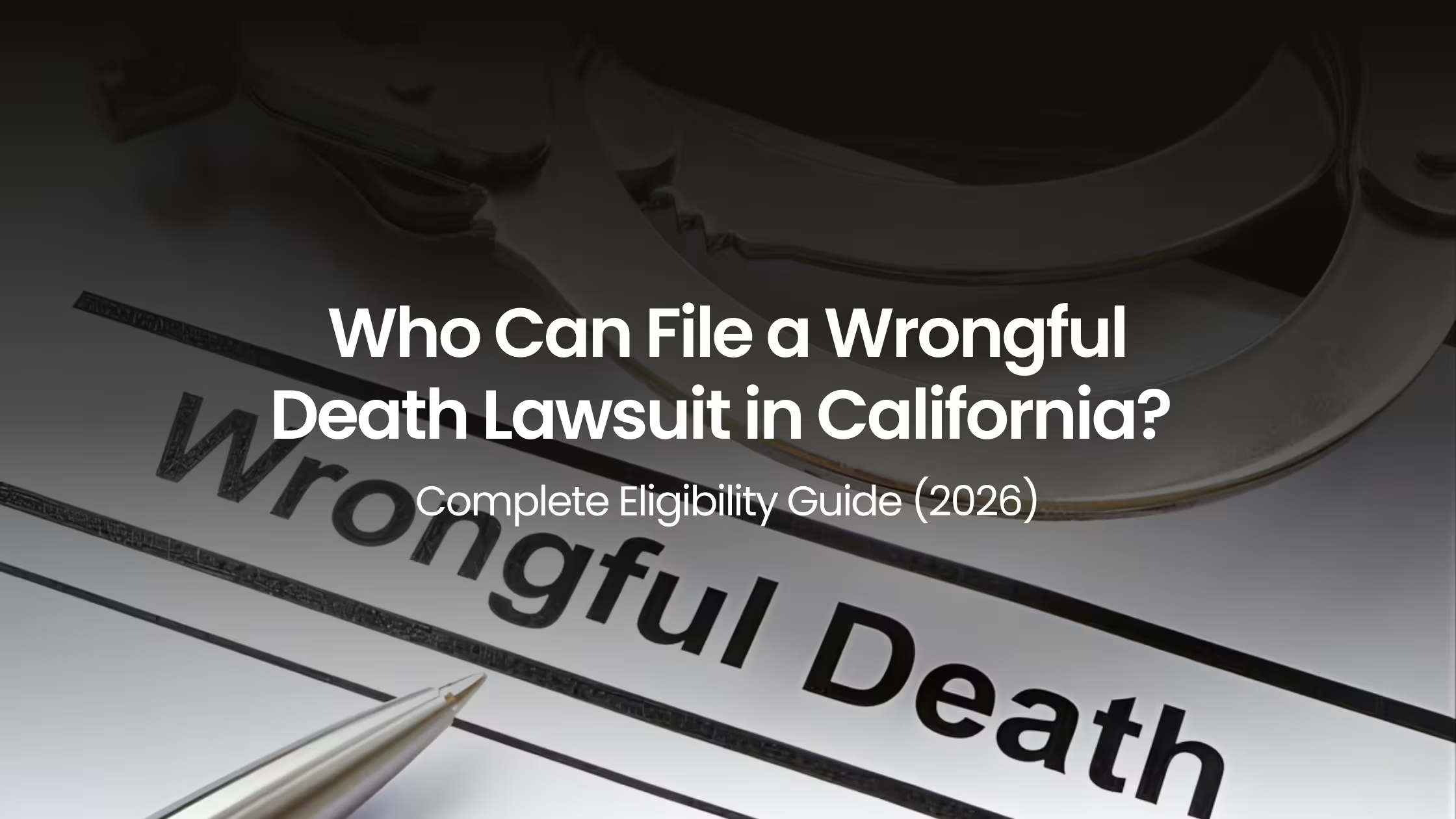Workplace sexual harassment remains one of the most deeply troubling issues in modern employment law. While federal protections under Title VII of the Civil Rights Act of 1964 exist, their application has often been shaped by major court decisions. One of the most important is Faragher v. City of Boca Raton (1998), a landmark sexual harassment lawsuit that clarified employer liability when supervisors create a hostile work environment.
At Ladva Law, we help employees across California navigate similar legal challenges. Although our firm did not handle this case, we believe it’s important to study pivotal rulings that continue to define employee rights today.
Case Background: Beth Ann Faragher’s Experience
In the early 1990s, Beth Ann Faragher, a young college student, worked as a lifeguard for the City of Boca Raton, Florida. Her supervisors, Bill Terry and David Silverman, repeatedly engaged in inappropriate conduct, including:
- Making offensive sexual remarks.
- Touching female lifeguards without consent.
- Creating an atmosphere of intimidation and humiliation.
Faragher endured this harassment for several years. Despite the city having general anti-harassment policies, there was no effective reporting system in place for lifeguards stationed at remote beaches. Supervisors essentially acted unchecked.
Finally, Faragher decided to take legal action. She filed a sexual harassment lawsuit under Title VII, claiming that the City of Boca Raton was responsible for allowing a hostile work environment to persist.
Legal Questions Before the Court
The case raised a critical legal question:
When supervisors engage in sexual harassment, can the employer (in this case, the City of Boca Raton) be held responsible if the harassment did not result in tangible job consequences, like firing or demotion?
This issue was central because the law distinguishes between:
- Tangible employment actions (e.g., firing, demotion, pay cuts).
- Hostile work environment harassment, where intimidation, ridicule, or abuse creates an unbearable workplace.
Faragher’s case fell into the second category.
Supreme Court Decision
In 1998, the U.S. Supreme Court, in a 7–2 decision, sided with Faragher. The Court held:
- Employers are vicariously liable for supervisory harassment that creates a hostile work environment, even if the victim suffers no tangible job action.
- Employers may raise an affirmative defense if they can prove:
- They exercised reasonable care to prevent and promptly correct harassment.
- The employee unreasonably failed to use preventive or corrective measures (like reporting systems).
In this case, Boca Raton had no adequate reporting procedure for remote lifeguards, so the city could not escape liability.
Why Faragher v. City of Boca Raton Is a Landmark Case
This decision, paired with Burlington Industries, Inc. v. Ellerth (decided the same day), reshaped how employers across the U.S. handle harassment claims.
Key Impacts:
- Employer Responsibility Expanded: Employers must ensure harassment prevention policies are not only written but also accessible and functional.
- Hostile Work Environment Standard Strengthened: Victims no longer needed to prove tangible job loss to hold employers accountable.
- Workplace Training Became Critical: After this ruling, many organizations implemented structured sexual harassment training programs.
Real-Life Lessons for Employees
The Faragher case highlights important lessons for workers experiencing workplace sexual harassment:
At Ladva Law, we regularly advise clients on how to document harassment, preserve evidence (emails, messages, witness testimony), and take the right legal steps.
Real-World Comparisons
The Faragher case resonates with more recent stories. For example:
- In 2020, McDonald’s faced nationwide sexual harassment lawsuits, with workers alleging systemic issues similar to what Faragher experienced decades earlier.
- High-profile movements like #MeToo have drawn from legal precedents set by cases like Faragher, ensuring victims’ voices carry weight in courtrooms.
These parallels show that while law evolves, workplace harassment remains an ongoing battle, requiring vigilance and strong legal advocacy.
Professional Perspective: Insights from a Personal Injury Attorney
As a San Francisco personal injury attorney handling cases across California, I see daily how deeply workplace harassment impacts victims. Beyond emotional trauma, harassment can lead to:
- Lost career opportunities.
- Psychological injuries, including anxiety and depression.
- Financial instability if victims are forced to leave toxic workplaces.
From my professional perspective, the Faragher case teaches both employees and employers that:
- Employees must know their rights. Fear of retaliation should never silence victims.
- Employers must go beyond compliance. A posted policy is not enough — training, enforcement, and safe reporting are essential.
- Attorneys play a crucial role. Victims often feel powerless, but legal representation can shift the balance.
The Continuing Legacy of Faragher
Today, every HR handbook, sexual harassment training, and EEOC enforcement action carries the imprint of Faragher v. City of Boca Raton. It remains a cornerstone of employee rights law.
In California, a state with some of the strongest workplace harassment protections the lessons of Faragher align closely with state-level laws under the Fair Employment and Housing Act (FEHA).
How Ladva Law Can Help
At Ladva Law, we are committed to defending employees across California who face workplace harassment. Although we did not handle the Faragher case, our firm:
- Represents victims of sexual harassment lawsuits with compassion and skill.
- Offers confidential consultations to discuss workplace abuse.
- Fights for financial compensation and workplace accountability.
If you believe you are experiencing harassment at work, you don’t need to face it alone.
If you or someone you know is facing workplace sexual harassment in California, our San Francisco based firm has a proven track record of standing up for employees and ensuring their voices are heard.
Call us today or request a free consultation online — let’s fight for your rights together.






